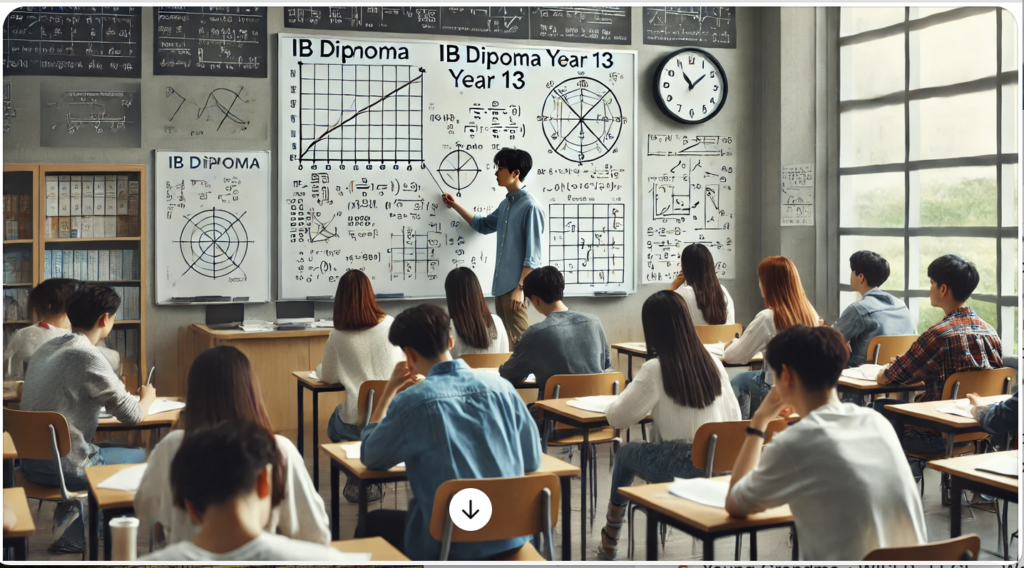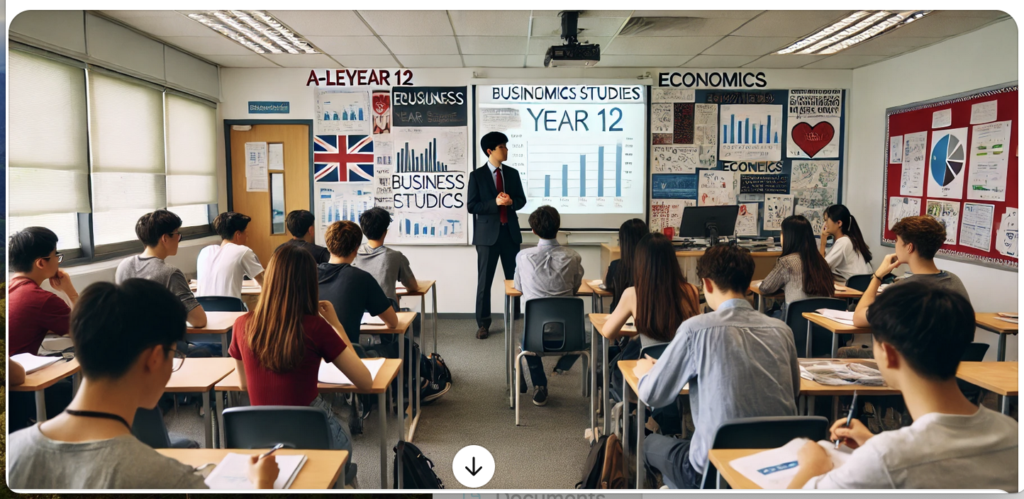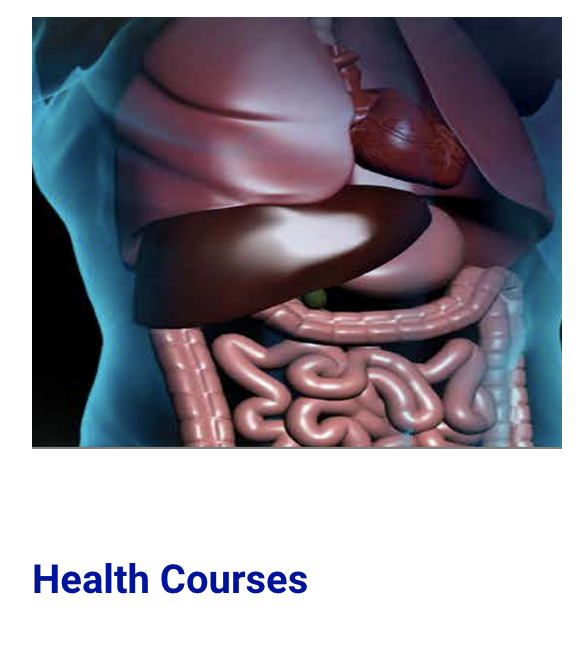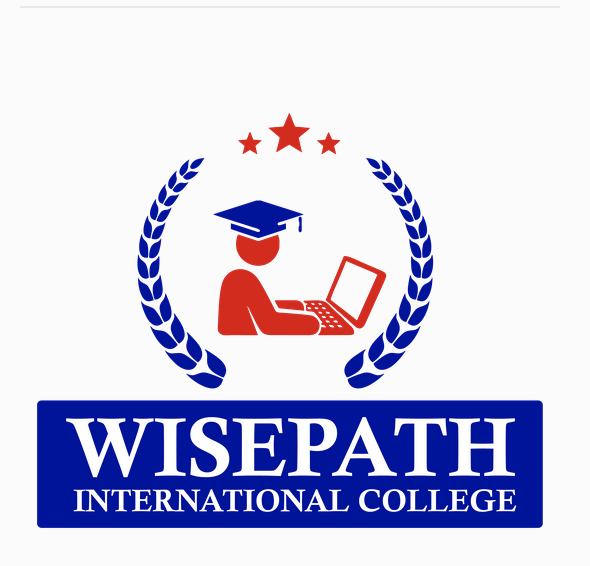


Why IGCSE Curriculum is popular in many Countries?
Advantages of doing the IGCSE program include its international recognition, flexibility in subject choices, emphasis on critical thinking and practical skills, and preparation for further academic pursuits. It’s known for its rigorous standards, which can provide a solid foundation for students transitioning to higher education or diverse career paths.
In alternate words:
- The IGCSE (International General Certificate of Secondary Education) is a globally recognized qualification.
Offered by Cambridge Assessment International Education, it’s tailored for students typically aged 14 to 16. - IGCSE offers flexibility in subject choices, allowing students to tailor their education to their interests and strengths.
- It emphasizes critical thinking and practical skills, preparing students for both further academic study and real-world challenges.
- Known for its rigorous standards, the IGCSE provides a solid foundation for students transitioning to higher education or various career paths.
- Its international recognition makes it appealing for students seeking education options beyond their own countries.
- Read more
Early Years/Foundation Stage (Ages 3-5):
(i) ECE Pre School: 1 Year
(ii) Kindergarten : 1 Year
- Literacy (Language and Communication)
- Mathematics
- Understanding the World (Science, History, Geography)
- Expressive Arts and Design (Art, Music, Drama)
- Personal, Social, and Emotional Development
- Physical Development


Key Stage 1 (Ages 6-8):
Grades 1,2,3
- English (Language and Literature)
- Mathematics
- Science
- History
- Geography
- Art and Design
- Music
- Physical Education (PE)
- Personal, Social, and Health Education (PSHE)
- Computing
- Religious Education (RE)
Key Stage 2 (Ages 9-11): 4,5,6
- English (Language and Literature)
- Mathematics
- Science
- History
- Geography
- Art and Design
- Music
- Physical Education (PE)
- Personal, Social, and Health Education (PSHE)
- Computing
- Religious Education (RE)
- Modern Foreign Languages (e.g., French, Spanish, German)

LOWER SECONDARY, IGCSE & A-LEVEL SUBJECTS
British International Curriculum
The British International Curriculum typically includes a wide range of subjects taught at various grades. Here’s a comprehensive list of some common subjects:
Key Stage 3 (Ages 12-14):
- English (Language and Literature)
- Mathematics
- Science (Biology, Chemistry, Physics)
- History
- Geography
- Art and Design
- Music
- Physical Education (PE)
- Computing
- Religious Education (RE)
- Modern Foreign Languages (e.g., French, Spanish, German)





Key Stage 4 (Ages 15-16) – IGCSE Level:
- English Language
- English Literature
- Mathematics
- Science (Combined Science or Separate Sciences)
- History
- Geography
- Art and Design
- Music
- Physical Education (PE)
- Computing
- Religious Education (RE)
- Modern Foreign Languages (e.g., French, Spanish, German)
- Vocational Subjects (e.g., Business Studies, Design and Technology).
Please note that the specific subjects offered may vary depending on the school, curriculum provider, and individual student choices. Additionally, the British International Curriculum often emphasizes the development of key skills such as critical thinking, creativity, communication, and collaboration across all subject areas.
There are specific Syllabuses and details about how to deliver these Subjects in Groups and also how Assessments are to be conducted.
A-Level & International Baccalaureate (IB) Subjects:
This is also known as Key Stage 5 (Ages 17-18)
- English Literature
- Mathematics
- Science (Biology, Chemistry, Physics)
- History
- Geography
- Art and Design
- Music
- Physical Education (PE)
- Computing
- Religious Education (RE)
- Modern Foreign Languages (e.g., French, Spanish, German)
- Vocational Subjects (e.g., Business Studies, Design and Technology)
- Economics
- Psychology
- Sociology
- Politics
- Philosophy
Please note that the specific subjects offered may vary depending on the school, curriculum provider, and individual student choices. Additionally, the British International Curriculum often emphasizes the development of key skills such as critical thinking, creativity, communication, and collaboration across all subject areas.
There are specific Syllabuses and details about how to deliver these Subjects in Groups and also how Assessments are to be conducted.





